Search
Search Results
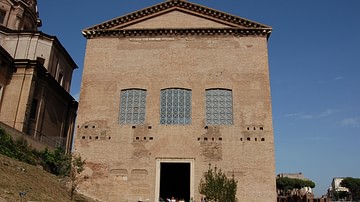
Definition
Roman Government
Western Civilization is forever indebted to the people of ancient Greece and Rome. Among the numerous contributions these societies made are in the fields of art, literature and philosophy; however, perhaps their greatest gift to future generations...
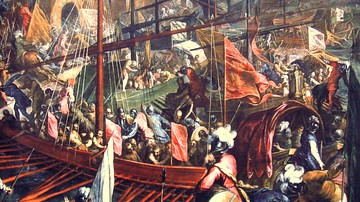
Article
1204: The Sack of Constantinople
In 1204 CE the unthinkable happened and Constantinople, after nine centuries of withstanding all comers, was brutally sacked. Even more startling was the fact that the perpetrators were not any of the traditional enemies of the Byzantine...
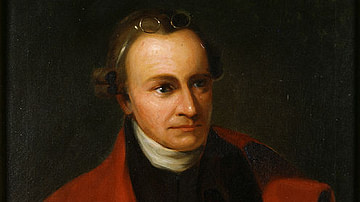
Definition
Patrick Henry
Patrick Henry (1736-1799) was a Virginian lawyer and politician who played a vital role in the American Revolution (c. 1765-1789). Known for his brilliant oration, including the famous Give Me Liberty or Give Me Death speech, Henry served...

Definition
Iranian Revolution
The Iranian Revolution (1978-1979) was the social movement that arose from widespread and diverse discontent with the monarchic government of Iran. The revolution was fought against the regime of Mohammad Reza Shah (r. 1941-1979), and it...
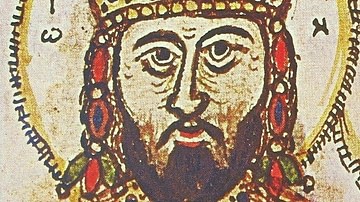
Image
John III Doukas Vatatzes
John III Doukas Vatatzes, Emperor of Nicaea (1222–1254 CE)
15th century CE manuscript, History of John Zonaras, Mutinensis gr.122, f.294r, Biblioteca Estense Universitaria, Modena.
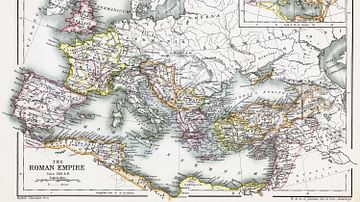
Article
Mavia's Revolt & the Christian Question
In 378 CE the Tanukhid queen Mavia (r. c. 375 - c. 425 CE) of the Saracens led a successful revolt against the Roman Empire, pitting her forces against the armies under the emperor Valens (364-378 CE). Launching her insurrection from the...
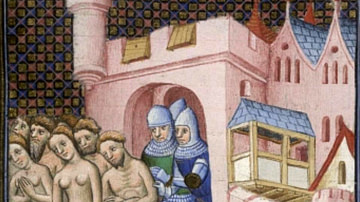
Definition
Cathars
The Cathars (also known as Cathari from the Greek Katharoi for “pure ones”) were a dualist medieval religious sect of Southern France which flourished in the 12th century and challenged the authority of the Catholic Church. They were also...
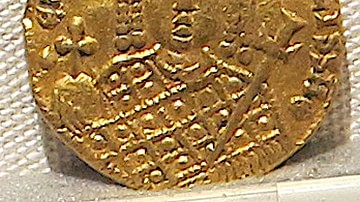
Definition
Empress Irene
Empress Irene was the wife of Leo IV and, on her husband's death, she reigned as regent for her son Constantine VI from 780 to 790 CE. From 797 to 802 CE she ruled as emperor in her own right, the first woman to do so in Byzantine history...
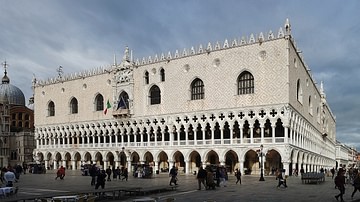
Article
Doge's Palace in Venice
The Doge's Palace, or Palazzo Ducale, in Venice, Italy, was the seat of power of one of the world's most powerful city-states, as the Venetian Republic dominated the Mediterranean for centuries. The bright façade of the palace marks the very...
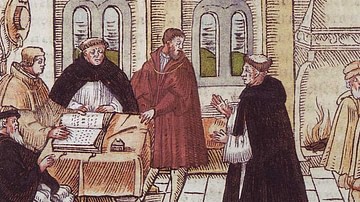
Article
Cajetan's On Faith and Works
On Faith and Works (1532) by Cardinal Thomas Cajetan (l. c. 1468-1534) is a refutation of the central arguments of Martin Luther (l. 1483-1546) concerning justification before God as faith-based, having nothing to do with one’s works. Cajetan...